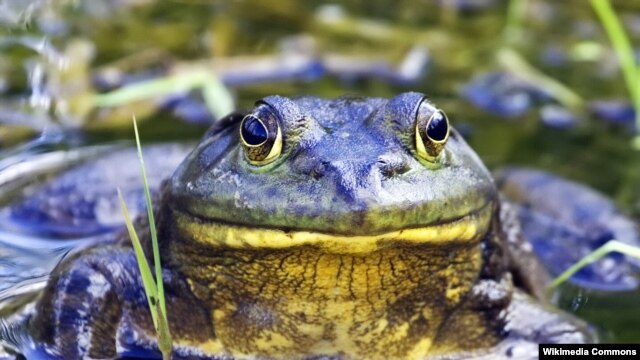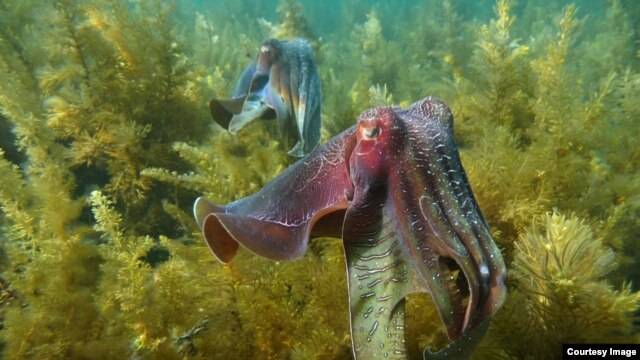nycflasher
Active Member
WELLINGTON, New Zealand - An airline passenger was given a nasty fright when a frog with a taste for adventure stowed away in her in-flight salad, New Zealand authorities said on Tuesday.
The passenger discovered the airborne amphibian perched on a slice of cucumber while on a Qantas flight from Melbourne to Wellington in February....
source
The passenger discovered the airborne amphibian perched on a slice of cucumber while on a Qantas flight from Melbourne to Wellington in February....
source


